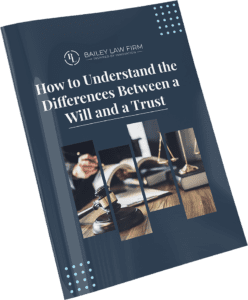
There’s a lot of misconception that Governor Ducey’s Executive Order 2020-7 The Good Samaritan Order shields long-term care facilities from liability arising out of the Covid-19 pandemic.
However the plain text of the Order clearly indicates the intent to cover healthcare providers treating the virus.
The recitals note that there are currently no treatments for Covid-19 that have been approved by the FDA, there are no defined treatments and there is a shortage of hospital beds and equipment for treating such patients.
The Order further notes that there is a compelling need to maximize participation of medical providers in treating Covid-19.
Based on the need for participating providers and the reasonable fear of liability in providing care in unchartered territory, the Governor shields healthcare professionals who provide medical services in support of the emergency that is Covid-19 from civil liability.
Why the order doesn’t protect long-term care facilities
Long term care facilities are in no way associated with providing medical services in response to Covid-19 patients.
Long term care facilities provide care to vulnerable adults in assisting with everything from bathing and toileting to feeding and administering medication, regardless of the pandemic.
Facilities owe their residents a duty of care to provide care within applicable standard of care.
That means taking reasonable steps to prevent infection, which commonly include pneumonia and urinary tract infections…
That means taking reasonable steps to prevent the spread of contagious infections, which commonly includes scabies, staff and the flu.
Thus, whether dealing with Covid-19 or other infections, long term care facilities have a legal obligations to take reasonable prevention interventions.
Nothing about the Governor’s Order relieves long-term care facilities of these obligations. Importantly, long term care facilities have no involvement in treating Covid-19.
When a resident’s condition worsens, whether due to Covid-19 or any other virus, illness, injury or condition, the facility’s responsibility is to timely notify a physician and/or transport the resident to a hospital.
A long term care facility is not responsible for cases of positive Covid-19 or even deaths if adequate infection prevention interventions were implemented.
However, if the facility and/or providers within the facility failed to take reasonable steps, liability likely exists with respect to a resident who suffers or dies from the virus.
Who can help bring justice to your family if your loved ones have been victims
Our firm is taking a leading role in holding accountable facilities that fell below standard of care to the devastating detriment of our elderly.
Our lead trial attorney Jenna Bailey spoke with ABC15 about this important issue.
Book now to talk to our skilled attorneys about your family’s legal options if a loved one has contracted Covid-19 in a long term care facility.

